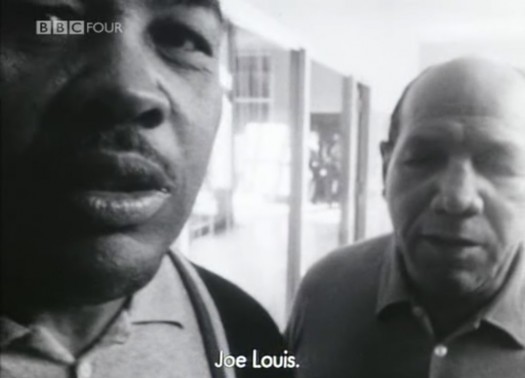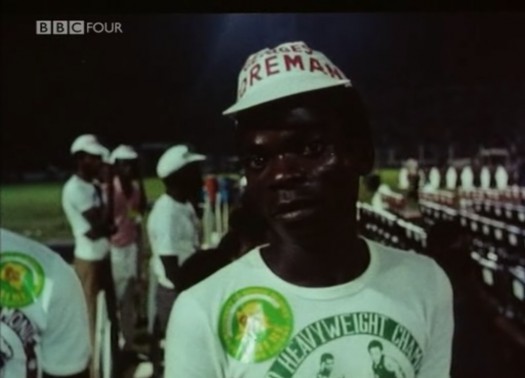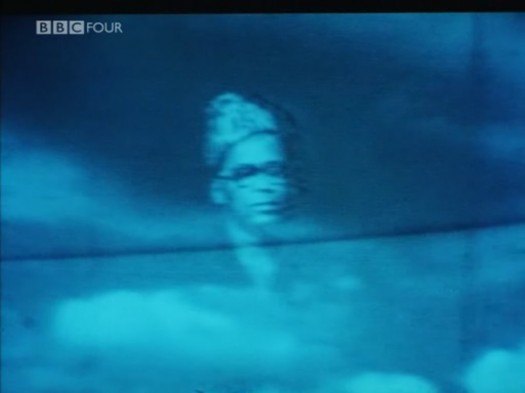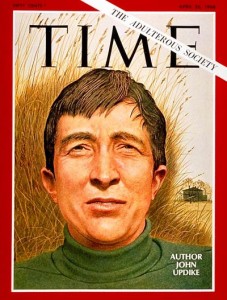David Remnick's excellent biography of Muhammad Ali, King of the World contains a truly stunning scene that sprung to mind during last week's inauguration. Before Ali's first big bout, a meeting with Sonny Liston, the press didn't know what to make of Ali's confidence and bombast. A reporter asked: "Cassius, all these things you're saying about Liston, do you really mean them? Do you really think you're going to beat this guy?"
Ali: I'm Christopher Columbus … I believe I'll win. I've never been in there with him, but I believe the world is round and they all believe the world is flat. Maybe I'll fall off the world at the horizon but I believe the world is round.1
I feel like there's a thread that runs directly from this statement to last Tuesday's inauguration, and it made me want to dig deeper into Ali, the myth-maker. So last night I watched a 1964 documentary, made by photographer William Klein, called Muhammad Ali: The Greatest; it's included in a recent Criterion Collection release called The Delirious Fictions of William Klein, which is cheap‑o on Amazon right now, actually.
 Typography suits the subject. ALI. Yeah.
Typography suits the subject. ALI. Yeah. Klein is known for his still photography, and he brings a photographer's eye, and a cavalier attitude toward editing. The movie is a montage of spontaneity and action, tracing Ali's path from the build-up to his first fight with Sonny Liston to the Rumble in the Jungle with George Foreman.
Klein is known for his still photography, and he brings a photographer's eye, and a cavalier attitude toward editing. The movie is a montage of spontaneity and action, tracing Ali's path from the build-up to his first fight with Sonny Liston to the Rumble in the Jungle with George Foreman. Klein catches a nice glimpse of another groundbreaking figure.
Klein catches a nice glimpse of another groundbreaking figure. Ali's second fight with Liston became infamous for the "phantom" punch that ended it. Rumors abound that Liston took a dive, either because he bet against himself or because he was afraid that the Nation of Islam would seek revenge if Ali lost. See it for yourself on the YouTubez.
Ali's second fight with Liston became infamous for the "phantom" punch that ended it. Rumors abound that Liston took a dive, either because he bet against himself or because he was afraid that the Nation of Islam would seek revenge if Ali lost. See it for yourself on the YouTubez. Klein captures some amazing moments around the Rumble, which took place in Zaire, 1974.
Klein captures some amazing moments around the Rumble, which took place in Zaire, 1974. The whole nation appears to be in and around the stadium. When We Were Kings tells the whole story. It will blow your mind, and make you love Norman Mailer at the same time.
The whole nation appears to be in and around the stadium. When We Were Kings tells the whole story. It will blow your mind, and make you love Norman Mailer at the same time. Mobutu Sese Seko, Zaire's strongman president, is omnipresent in Klein's footage from the fight. I love this image of his head slowly coming into focus from the clouds.
Mobutu Sese Seko, Zaire's strongman president, is omnipresent in Klein's footage from the fight. I love this image of his head slowly coming into focus from the clouds.